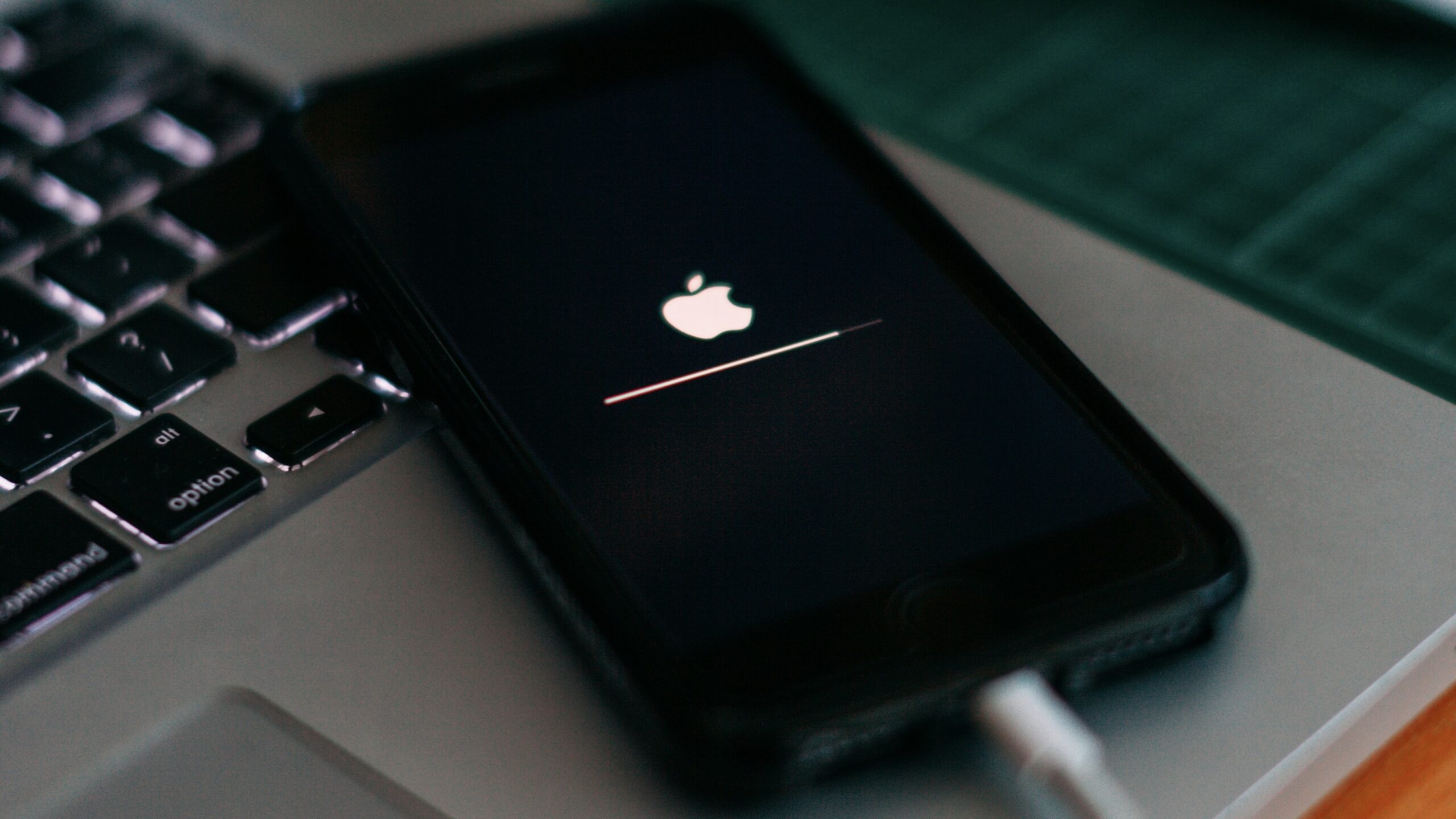Watch Out for These DMV Scam Texts

If you check your phone to find a text from the “DMV,” it probably catches your attention. That text might assert that you have outstanding traffic tickets you haven’t paid, and, unless you pay soon, your license could be revoked. Of course, the serious nature of the text, coupled with the immediacy of the situation, might put you on high alert, ready to do whatever you can to pay off these tickets you didn’t even know you had.
The good news is the DMV is not texting you. In fact, this text is a total scam.
Scammers are always trying to change their tactics, with the aim to trick users who may not fall for existing, played-out schemes. The DMV scam appears to be the latest in their arsenal, as people from all over the country are receiving them.
There are a few aspects of this scam that make it effective: One, of course, is the idea that you have outstanding tickets with the DMV. If you know you have tickets to pay, this scam might immediately work on you, but you might also think that you earned yourself tickets in the past you weren’t even aware of. The fact that the “DMV” says this is your “last chance” to pay these tickets might put you in a panic, too. No one wants to be in trouble with the DMV, especially if it means risking losing a license.
Third, the scammers target your state DMV for this scam. If you live in Washington state, for example, your text will say it’s coming from Washington DMV. If you live in California, it’s California’s DMV coming after you. That likely is enough to convince some that this is a legitimate text.
However, in actuality, any text coming from the “DMV” is fake—even if they get your state right. The DMV does not text drivers, period. If you have outstanding tickets, you will likely be contacted via mail, but never text message. It’s similar to other text-based scams, such as the “unpaid toll” scam.
If you take a close look at the DMV text, you’ll likely see a URL you’re meant to follow to pay your “tickets.” This URL will likely lead you to a malicious website, intent on stealing your data or installing malware on your device.
The best thing to do if you receive one of these texts is to simply delete it.
Share This



